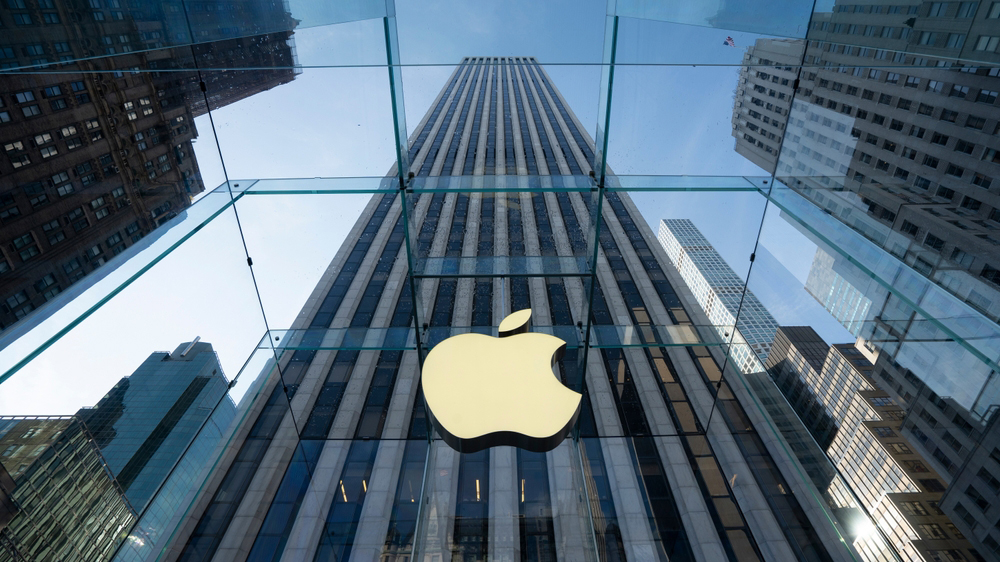Is Apple Stock Good To Have In Your Stock Portfolio?
The market's surge this year owes much to big tech, which is not a new trend. Apple's stock has been a prime example of this, having gained more than 33% since the start of the year. The FAANG+M cohort, consisting of Meta Platforms, Apple, Amazon.com, Netflix, Google parent Alphabet, and Microsoft, had already enjoyed significant gains before the tech stock crash in 2022.
Managers who have low exposure to these tech giants may now regret their decisions, as the influence of these companies on active mutual funds' returns has been pronounced over the past several years. One key factor in this trend has been the absence of Apple in portfolios, which has been enough to fuel manager underperformance. This theme has been highlighted in a note to clients by Wells Fargo analyst Christopher Harvey, as part of his ongoing series examining active managers' returns.
According to Harvey's analysis, Apple has made a significant contribution to the S&P 500's total returns this year. With Apple included, the S&P 500's return is 8%, compared to 6.2% without it. Apple's impact on the index's returns can be seen in the past as well.Since 2018, Apple has accounted for more than 10% of the S&P 500's total returns, with a return of 329.1% since the end of 2017, compared to the index's return of 69.3%. Excluding Apple, the index's return drops to 59%.
Harvey believes that this data highlights the overreliance on technology in active portfolios, and the reluctance of fund managers to embrace large-cap stocks poses a challenge. While other tech companies may have seen rallies based on modest fundamentals, Apple's recent better-than-expected quarter and strong iPhone sales demonstrate the continued investment potential of the stock. Money managers who have bet against Apple in the past have learned the hard way.
This content is provided for general information purposes only and is not to be taken as investment advice nor as a recommendation for any security, investment strategy or investment account.

